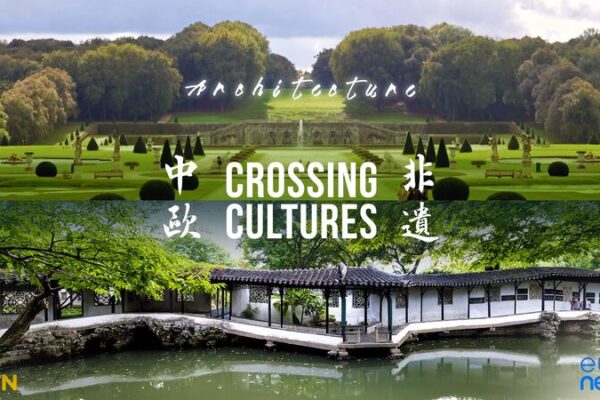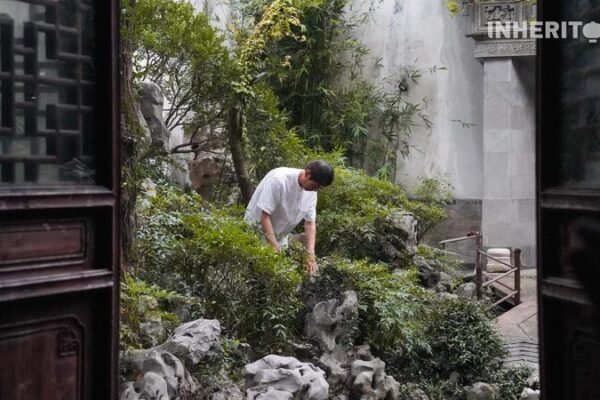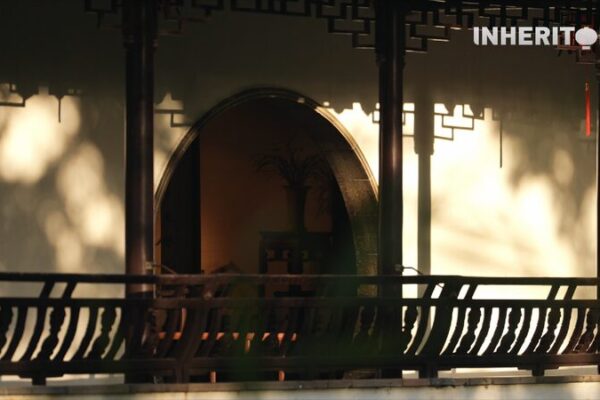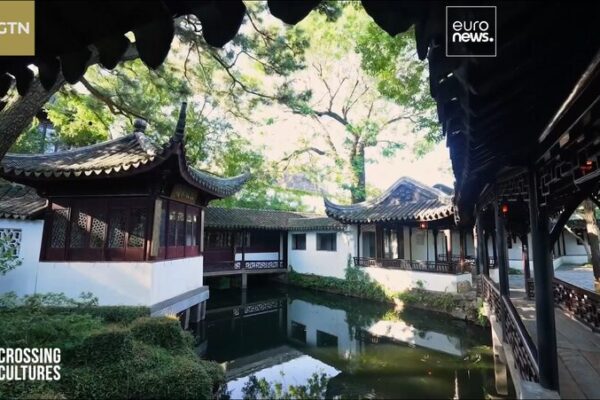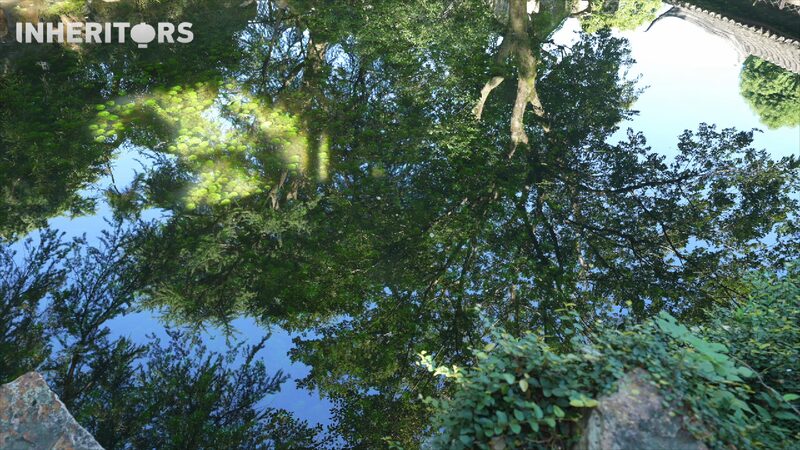For the past two decades, Chinese landscape architect Hua Xuehan has been transforming urban environments by infusing them with the timeless beauty of classical Chinese gardens. With over 70 gardens to his name, Hua is on a mission to reconnect modern city dwellers with nature and cultural heritage.
Chinese classical gardens are renowned for their intricate designs that emphasize harmony between humans and nature. They feature elements like winding pathways, serene water features, and unique rock formations, all meticulously arranged to create a sense of tranquility and reflection. The principle of “originating from nature, yet transcending it” guides these spaces, blending natural beauty with artistic expression.
“In today’s fast-paced urban life, people are longing for a connection to nature and tradition,” says Hua. “By bringing classical garden elements into the city, we offer a sanctuary where people can pause and find peace.”
Hua’s gardens seamlessly integrate traditional concepts of mountain and water design—known as “shan shui”—into urban landscapes. His work often features man-made hills, ponds, and carefully curated plant life, all arranged to reflect the philosophical ideals of balance and harmony.
One of his notable projects is the Harmony Garden in downtown Shanghai, where he transformed a vacant lot into a lush retreat complete with winding streams and stone bridges. The garden has become a popular spot for residents to relax and immerse themselves in a natural setting amidst the bustling city.
By revitalizing these classical elements, Hua is not only preserving cultural heritage but also promoting sustainability. His designs utilize natural materials and often incorporate indigenous plants, reducing environmental impact and fostering local biodiversity.
As urbanization continues to rise, Hua’s work serves as a reminder of the importance of integrating nature into our daily lives. “The essence of classical gardens is timeless,” he reflects. “They teach us to appreciate beauty, seek harmony, and live in balance with the world around us.”
Reference(s):
Twenty years, 70 gardens: Revitalizing Chinese classical gardens
cgtn.com

